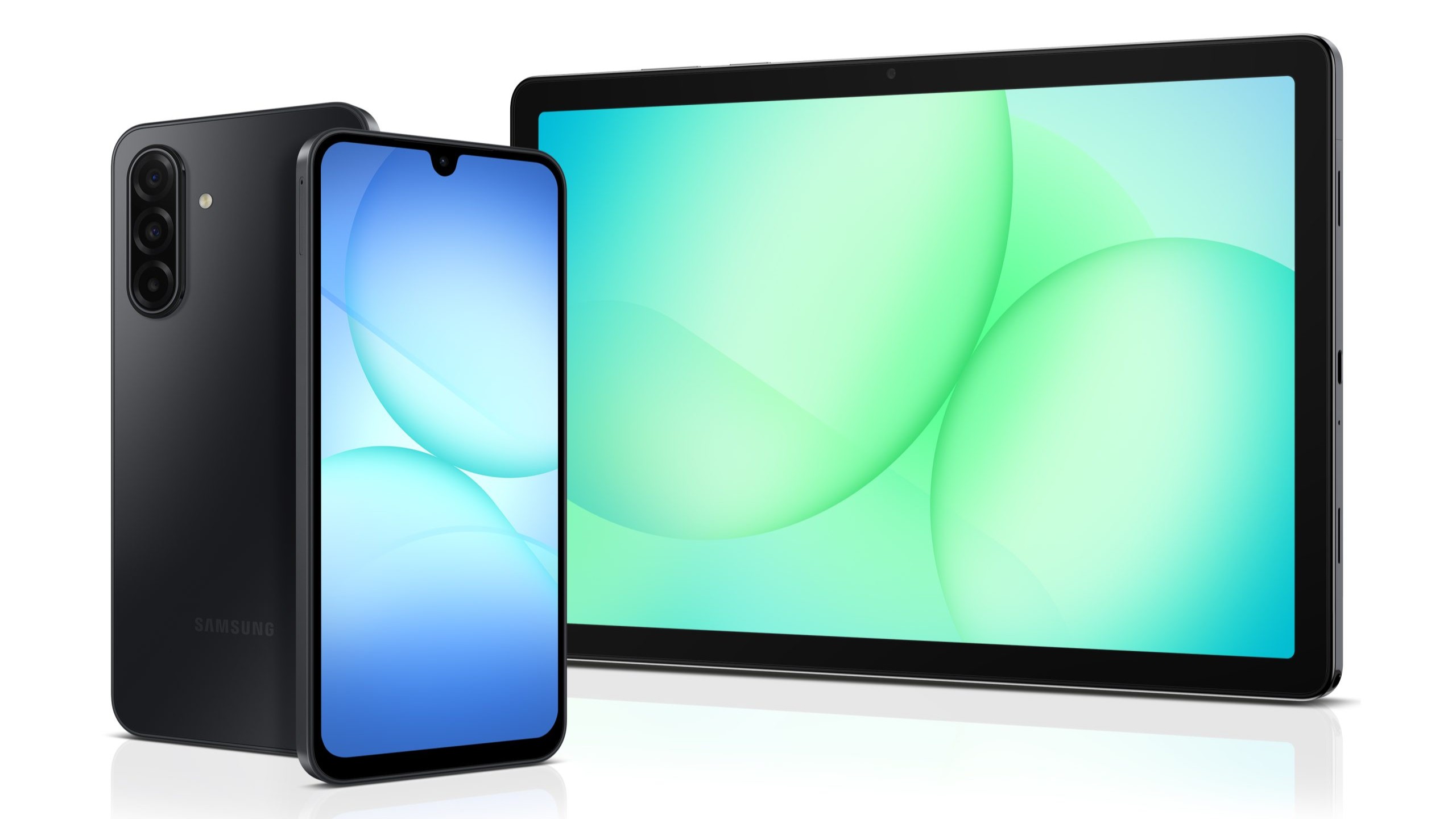10-year-olds are finally allowed to use the Quest. Here's why that's good
Meta now offers parent-managed accounts for kids ages 10-12.
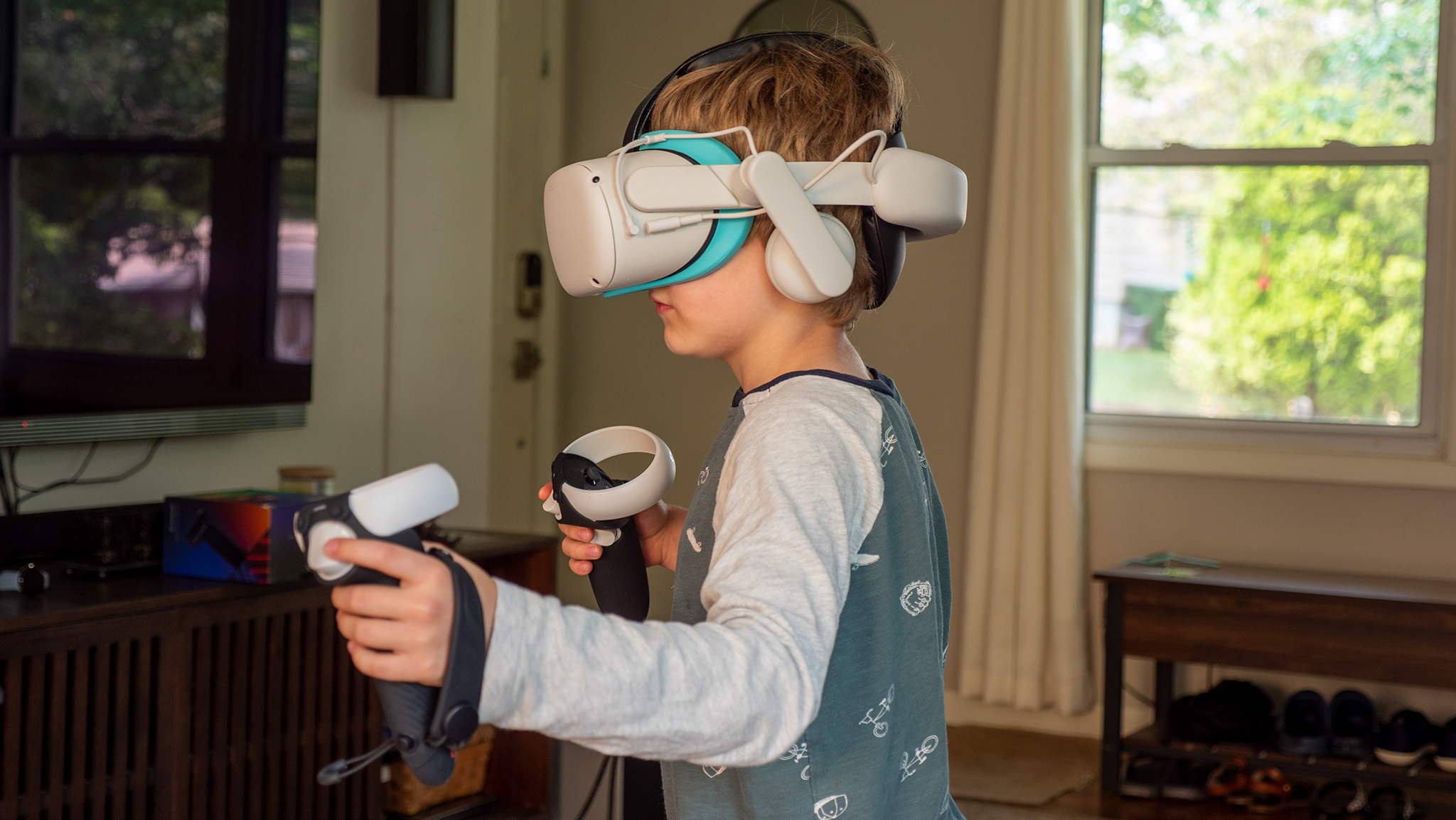
What you need to know
- Meta has lowered the age requirement for Quest headset usage from age 13 down to age 10.
- This requirement was lowered based on scientific research, as cited by Meta, and is made with parent-managed accounts in mind.
- Children ages 10-12 will soon be able to create a special parent-managed account which will restrict content by age-appropriateness automatically.
Ever since Meta (Facebook) began selling VR headsets, the company has insisted that kids younger than 13 shouldn't use VR devices. Now, Meta is lowering that age requirement to 10 years of age, citing a body of research that proves VR is safe for additional age groups.
Meta's document cites the fact that most research on digital mediums has been conducted based on 2D screens and social media rather than focusing on a VR perspective. However, Meta also cites separate research proving VR's effectiveness and safety in medical and clinical contexts.
Additionally, Meta recommends that children ages 10-12 only spend a maximum of 2 hours in a VR headset per day, following similar research conducted on screen time for children. Meta also outlines several different concerns that have been raised about VR usage like headset weight on smaller necks and heads, how children distinguish reality from fiction, and many others.
Now that Facebook accounts are no longer required to use a Meta Quest headset — and haven't been for some time — choosing between a Quest 2 or Quest 3 this year for you and your child just got a lot easier.
Meta has provided a large body of research citing VR's safety for kids ages 10 and up.
Meta is providing a series of new guidelines for kids who use headsets like the upcoming Meta Quest 3, including how to best fit the headset to your child's head and how to correctly measure and set the IPD on a Quest 2. Plus, when new parent-managed accounts are available on Quest headsets later this year, Meta will automatically only provide recommendations and access to age-appropriate content on the Quest store.
Meta says it's working with developers to help deliver more games with proper ratings by the ESRB and IARC so that content curation is easy for parents and automated systems. Currently, teens who want accounts can set them up with an invite from their parents. New parent-managed accounts for ages 10-12 will be set up by the parent in the Meta Quest app, instead.
While the company never officially said why it previously chose a seemingly arbitrary number for the 13-year-old age requirement on Quest, many pointed out that the minimum age requirement for Facebook accounts was the same age. More than likely, Meta decided on the age based on COPPA, the Children's Online Privacy Protection Rule as instituted by the US Government.
Get the latest news from Android Central, your trusted companion in the world of Android
Is this a good thing?
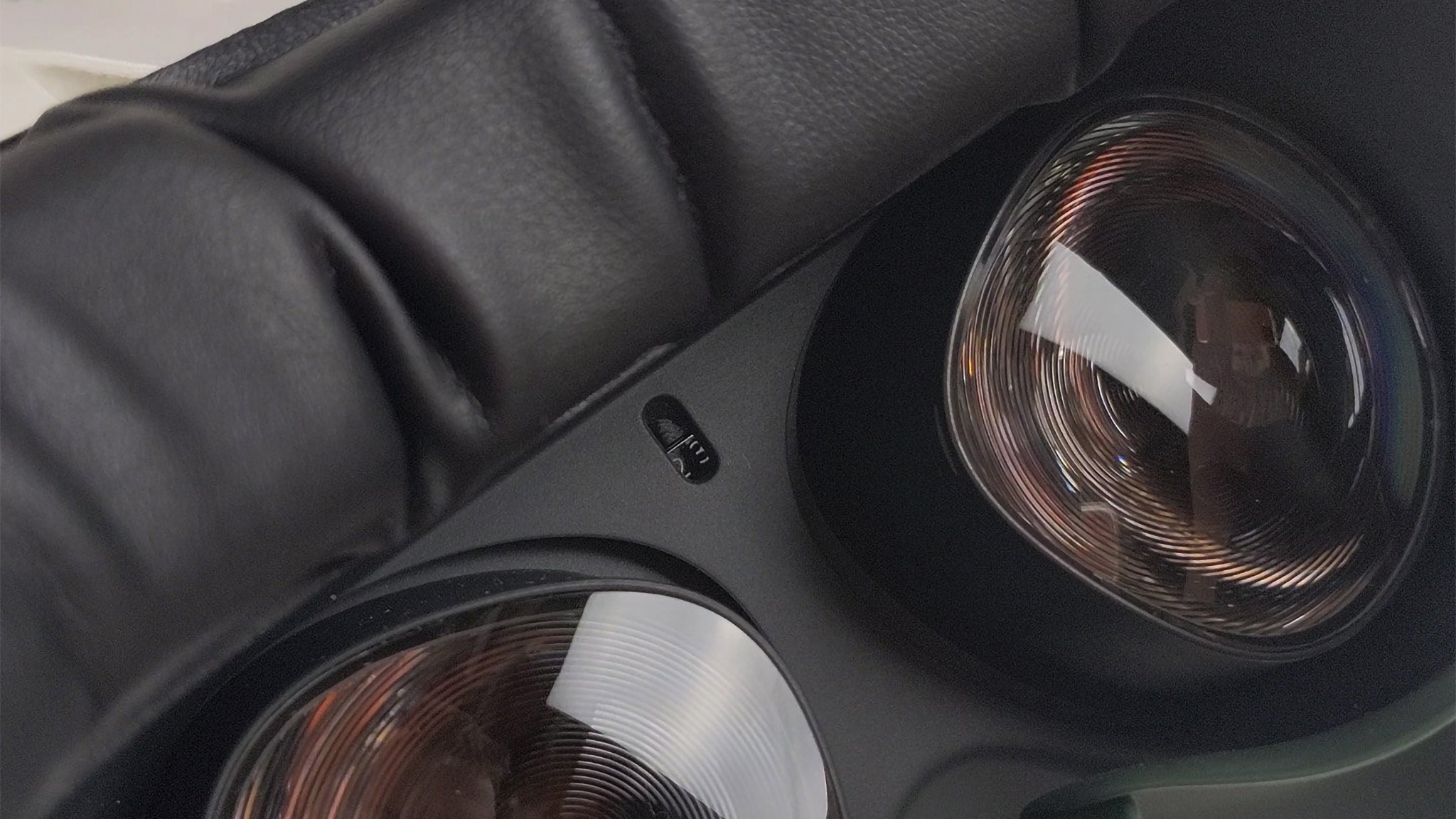
For years now, people have been split on whether or not VR headsets are safe for kids. While many have argued one way or another, little scientific evidence was ever presented for either side. The main problem was that no scientific studies had been previously conducted on VR's safety for children.
For the first time ever, a company — in this case, Meta — has provided a document citing dozens of studies that help to prove that VR is safe for kids, and it seems that Meta has thought of all the angles. Meta's document, liked at the top of this article, outlines and answers all of these questions in detail:
- Headset weight on a child's head and neck
- Increased effort needed to move in VR
- Whether headsets affect mobility after use
- Ocular and perceptual health
- Appropriate fit
- Reality distinctions
- Recommended daily limits
- How to supervise your child's activities in VR
I'm extremely impressed with Meta's ability to cover these burning questions not just with hand waving or nonchalance but with proper research documentation and logic. I've allowed my son to use VR headsets for short periods of time since he was four or five years old and, as he's grown older, the time he's allowed to spend in VR has increased.
Headset fit and time restrictions might be the most important things here for your kids' physical well being.
While all of the above questions answered are important, I think one is more important than all of the others: appropriate fit. Appropriate fit doesn't just mean choosing one of the best Quest 2 head straps that fits your child's head correctly — my son prefers the Kiwi Audio Battery Strap, which is pictured at the top of this article.
It primarily means ensuring that the IPD — that's the distance between your pupils — is set correctly. This goes for children and adults and is particularly important to note for children since a child's head is smaller and their eyes are closer together. The Quest 2, for instance, is rated to cover IPD as low as 56mm safely.
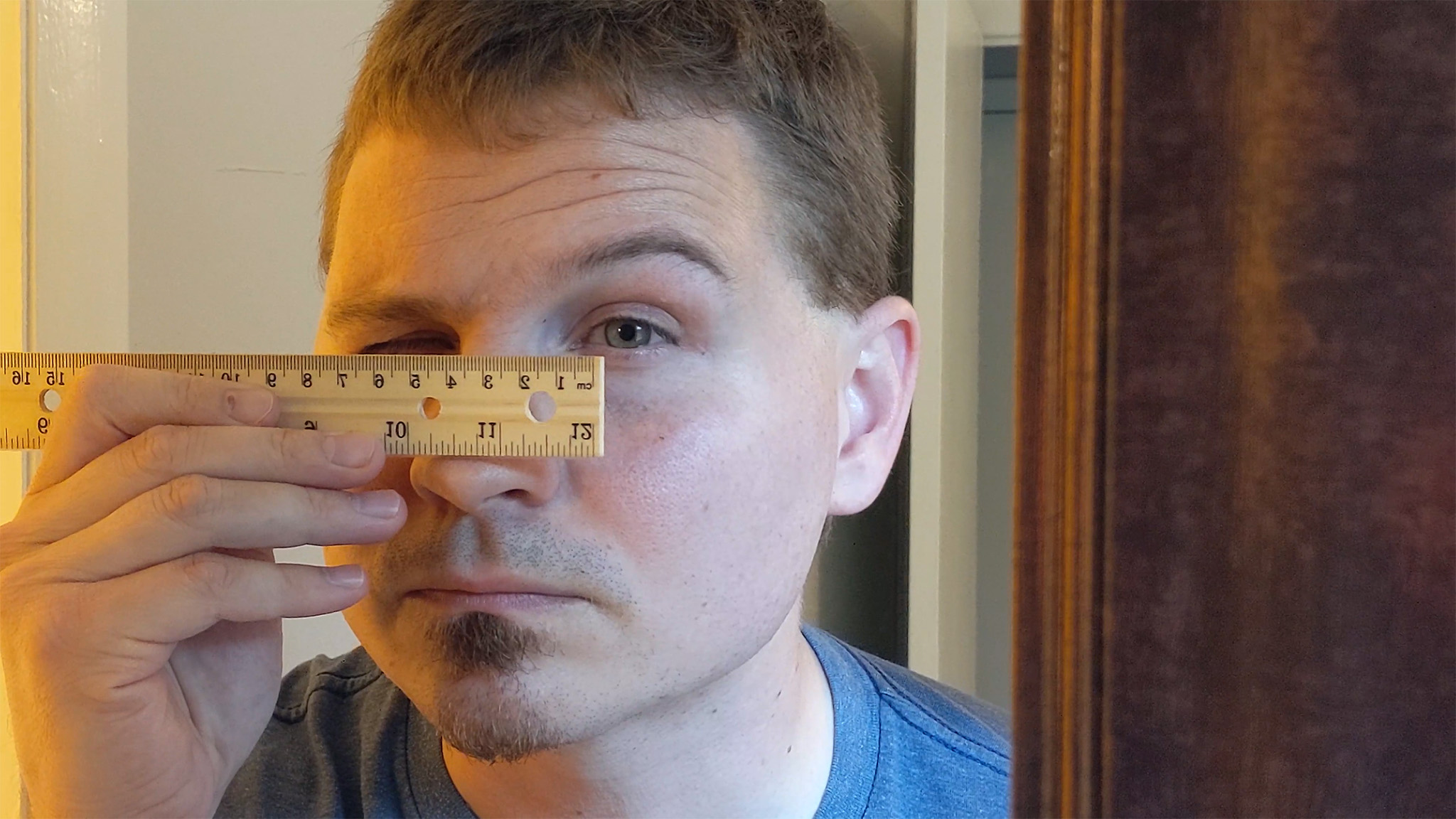
If you're a parent who allows their child to play in VR, you absolutely need to manually measure IPD by using a ruler. Most likely, you'll want to set the Quest 2's lenses at the #1 preset, which is the smallest preset the headset allows.
Not following this guideline, in particular, is a quick way to give your child headaches and potential vision problems, as cited in Meta's paper.
Plus, it makes plenty of sense to restrict the time they spend in VR to 2 hours or less per day. Personally, I've been sticking with around 30 minutes for my son and have found that's usually a pretty ideal amount of time for him to have fun without me feeling like he's been on it for too long.
If you've ever played multiplayer VR games — especially free-to-play titles — you'll know that the next generation is already in the metaverse. It's nice to see Meta finally realizing that and providing better tools for parents to help parent their kids in the years to come, because VR isn't going anywhere.
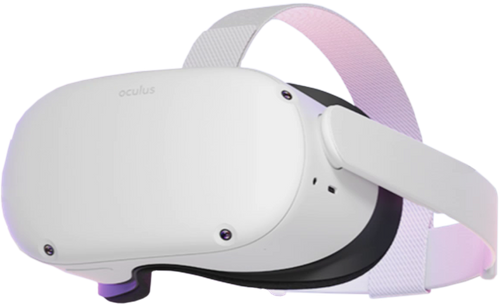
Great for most ages
The Meta Quest 2 is at its lowest price ever, making it an easy choice to pick up for you or your kids.

